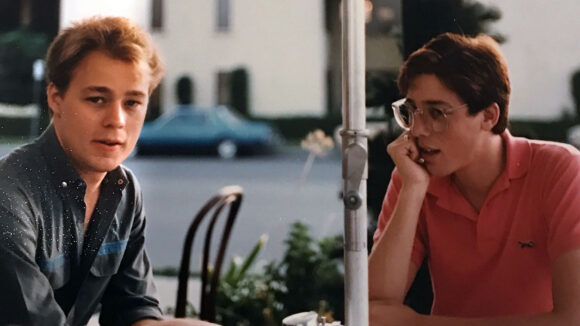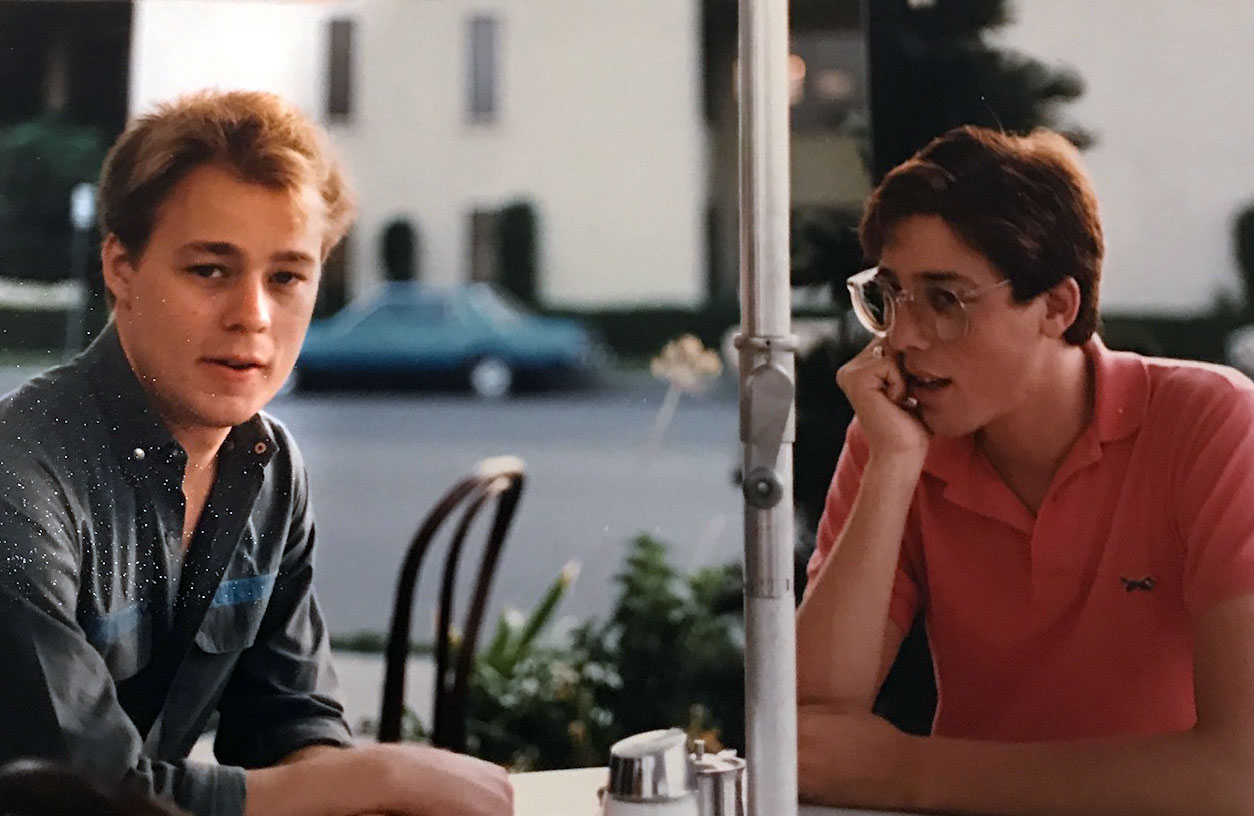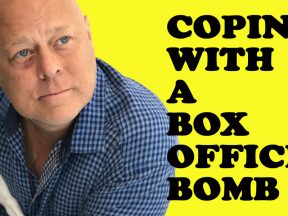

Directing An Animated Feature Is Like Winning The Lottery Or Is It? (Commentary by Kelly Asbury)
Kelly Asbury is a two-time Oscar nominated director of five animated features: Spirit: Stallion of the Cimarron, Shrek 2, Gnomeo & Juliet, Smurfs: The Lost Village, and Uglydolls. In his 36-year career in the animation industry, he has contributed artistically to over two dozen animated features, including Shrek, Toy Story, Frozen, The Nightmare before Christmas, James and the Giant Peach, The Little Mermaid, Beauty and the Beast, and The Prince of Egypt. Here, Asbury reflects on the combination of skill and luck that has marked his career:
More than once in recent times, I’ve heard it said that the chance of being given a shot at directing an animated feature is like winning the lottery.
And so, one such director — me — stops to ruminate on this conceptual analogy. (What follows is a story that could be applied to many of my esteemed colleagues in the animation industry. I make no claim of exclusivity, but every word is based on my own professional upbringing.)
I’ve been playing The Animated Feature Lottery now for the better part of 36 years — many more if you count back to my art school years and earlier. Having grown up in a distant town far removed from the realities of anything regarding the making of movies, I was an out-of-the loop kid perusing any Art Of… book I could get hold of, as I tried to unlock the mystery of this mesmerizing cinematic form in which drawings move and come to life.

For me, those research endeavors required a level of commitment, which, rather mysteriously, came naturally — and at the expense of other valuable educational essentials, which didn’t (and still don’t) hold anywhere near the same fascination for me. This deep interest occurred for reasons I still cannot fully explain. No other family member nor playmate ever much shared in my deep devotion to animation.
From as young as possibly seven years old, my ambitions were set on a clear-sighted trajectory. I suppose I’d even arrived at my own (albeit unconscious) mission statement:
I did not know what all that entailed. I certainly had no concept of what a “director” was or did. Fact: other than the drawing skills I picked up along the way, I did not know anything about the skills I would need. The road ahead would be a “learn by doing” education. And, along the way, it was a long, hard, trudging combination of joy, humiliation, embarrassment, enlightenment, revelation, disappointment, excitement, discovery, hellfire, triumph, disaster, and, always, reality.
So, getting back to the lottery comparison, every step toward every component of my career has been, at least in part, a process of laying down my creative currency (experience, talents, ambitions, needs) and hoping it was my turn for the right combination of numbers to come rolling into place. Never once have I been guaranteed anything — not in my career nor life in general, for that matter.
Eventually, I guess I’d displayed enough commitment (or gullibility) to be given the chance to direct. By then, I was 38 and had figured out what a director was, and was not.
But it didn’t play out like a lottery win. It played out as a chance, a shot, a “sink or swim” proposition:
I jumped at a challenge I had never even formally asked for. My Big Boss became my mentor, my coach, my shoulder to cry on. His brand of love was there, but it was tough as nails and invaluable in its wisdom. “Always remember,” the Big Boss said, “In movies, success has many fathers, but failure is a director.”
So, the way I have experienced it, becoming a director has not been about winning the lottery. Becoming a director is when you are actually deemed ready to participate in a higher-stakes game. The numbers don’t start bouncing until a director is chosen — by whichever Big Boss there is — to jump in and take his, her, or their shot.
And guess what: all along the road behind us, through the dreams, ambitions, learning, and “making it” in any aspect of animated features, we were — and are — always being given our various chances to play our numbers to the best of our individual talent sets. All our jobs are their own form of lottery, which we should embrace and appreciate for all we can muster from them.
And, whenever I start a new project (or buy a scratcher), I never lose sight of one thing:

